Real Men Wear Aprons from Zazzle.com
Showing posts with label Cooking. Show all posts
Showing posts with label Cooking. Show all posts
Saturday, March 19, 2011
Tuesday, January 18, 2011
Postcards from New Orleans
Unique New Orleans Postcards sold only on the internet by local artist. Fig Street Art Studio:
https://www.zazzle.com/collections/special_postcards_sold_on_the_internet_only-119184120960789515
New Orleans Cooking, Gumbo, Fish,
A lot more New orleans, Cajun, Cooking postcards at this link:
https://www.zazzle.com/old_jackson_square_postcard-239298670314476818
https://www.zazzle.com/collections/special_postcards_sold_on_the_internet_only-119184120960789515
New Orleans Cooking, Gumbo, Fish,
A lot more New orleans, Cajun, Cooking postcards at this link:
https://www.zazzle.com/old_jackson_square_postcard-239298670314476818
Wednesday, September 08, 2010
Gooseberry Wine Aprons from Zazzle.com
Aprons make great gifts. I have many aprons for sale and design more all the time. If you need a special apron ask via e-mail I may have one not yet up for sale.
Gooseberry Wine Aprons from Zazzle.com
See all the aprons here-http://www.zazzle.com/figstreetstudio/aprons
Labels:
Abstract art,
apron,
Cooking,
Real Men Wear Aprons
Monday, September 14, 2009
Eat Oysters shirt

Follow Link-http://www.cafepress.com/figstreetstudio.15293124
Louisiana produces about 40 percent of this country’s oysters. Eat Oysters Love Longer shirt, http://ow.ly/pjMW
Wednesday, September 02, 2009
Northshore Muscadine Grape Jelly 2009

Each September I pick wild Muscadine Grapes in my yard and make jelly. This year we had a lot of grapes in Pearl River but I only made a few jars as last year I made 8 jars and have 4 left over. Too much sweet jelly may be a bad thing for the waist line? Over the years I have altered my recipe. I use the package pectin directions as a guide but do as I like with flavor. This year I left out adding in store bought grape juice but add in a pinch of cinnamon. I also let in a few of the skins, although Muscadine grape skin is tuff I like the look of the jelly, it gets a darker purple. Yum, I tasted the spoon after it cooled and it tastes great. I also used recycled jars this year and they sealed well.
For 4 jars of jelly, use about 5 cups or so fresh picked Muscadine grapes and 1 cup of water or white grape juice. (Any other juice you like to add would do fine too, like apple.) Slowly cook Muscadines and mash them well when soft. Mash well add in other juice. Remove from heat and put through fruit juice masher and strainer. Let cool well add in any other flavor, tsp vanilla, cinnamon, whatever you like.
Strain juice as well as you like. I leave in some smashed fruit.
Use 1 box pectin, add 1 tbsp. lemon juice
Measure juice and add equal amout of sugar or use directions on pectin box.
Cook juice in large pot add sugar to recipe on box of pectin. Mix pectin with juice and bring quickly to a hard, rolling boil, stirring all the time. Stir until sugar dissolves and bring to a full rolling boil (a boil that cannot be stirred down). Boil hard for 1 minute, stirring constantly.
Stop cooking, skim off foam if you like. Put into sterilized jelly jars, leaving some headspace.
Clean jars with a damp towel and seal with new lids according to manufacturer's instruction. Process 5 to 10 minutes in a boiling water bath.

Monday, August 31, 2009
Boiled Crawfish Shirt
Thursday, August 27, 2009
Monday, August 24, 2009
Cute Crawfish Apron
Cute Crawfish Cartoon, "Pinch Me!" on apron, blog story, http://ow.ly/l89T #crawfish #cajun #crayfish #Louisiana
Labels:
Cooking,
Crawfish,
Crayfish,
Fish and Seafood,
louisiana
Red Beans and Rice Fridge Magnet
"It's Monday!", Red Beans and Rice fridge magnet, http://ow.ly/l85T #nola #cooking #redbeans
Labels:
Cooking,
monday,
New Orleans,
Red beans and rice
Monday, August 17, 2009
Welcome Hex Sign Magnet
Labels:
Arts,
Cooking,
Pennsylvania,
Pennsylvania Dutch
Wednesday, July 29, 2009
Crawfish, What's In A Name
That Old Crawfish: What’s In The Name? Blog info on word "Crawfish" http://ow.ly/ixB9 #cajun #crawfish #nola

The word "Crawfish " comes from the Cajun French word "escrevisse". Many places use other names, crayfish, crawdad, mudbug but we here in Louisiana prefer "crawfish". No matter what it is called it is a favorite food in spring. Boiled Crawfish with corn, potatoes, garlic, sausage and more is served at many family picnic or back yard party. I am told the real scientific name is Astacoidea Cambardae and there are over 300 types in North America alone, a big family even by Cajun standards. The art of boiling them was covered in another blog entry but it is easy just get any of the boiling spice packages from Rex or Zatarain's and follow the directions. To make it real fancy people add in corn on the cob, and other veggies that boil well, even artichokes. Whatever you like add in the boiling water and have friends over.
One time I even wrote a fable about a Cajun Mermaid, part crawfish part woman on how the first Cajun ate the beautiful red swamp crawfish.

I use the crawfish too in many of my gift designs sold on the web at http://www.cafepress.com/figstreetstudio/596208 I would think along with the Fleur De Lis, the Crawfish is a symbol of Louisiana. See the Fleur De Marais design here: http://www.cafepress.com/figstreetstudio/5246408

By whatever name it is called it is a fun delicious food found in the swamps of South Louisiana, the swamps we must all protect as they once protected us.

The word "Crawfish " comes from the Cajun French word "escrevisse". Many places use other names, crayfish, crawdad, mudbug but we here in Louisiana prefer "crawfish". No matter what it is called it is a favorite food in spring. Boiled Crawfish with corn, potatoes, garlic, sausage and more is served at many family picnic or back yard party. I am told the real scientific name is Astacoidea Cambardae and there are over 300 types in North America alone, a big family even by Cajun standards. The art of boiling them was covered in another blog entry but it is easy just get any of the boiling spice packages from Rex or Zatarain's and follow the directions. To make it real fancy people add in corn on the cob, and other veggies that boil well, even artichokes. Whatever you like add in the boiling water and have friends over.
One time I even wrote a fable about a Cajun Mermaid, part crawfish part woman on how the first Cajun ate the beautiful red swamp crawfish.

I use the crawfish too in many of my gift designs sold on the web at http://www.cafepress.com/figstreetstudio/596208 I would think along with the Fleur De Lis, the Crawfish is a symbol of Louisiana. See the Fleur De Marais design here: http://www.cafepress.com/figstreetstudio/5246408

By whatever name it is called it is a fun delicious food found in the swamps of South Louisiana, the swamps we must all protect as they once protected us.
Saturday, July 25, 2009
Mobile Bay Clam Fest
Labels:
alabama,
Chowder,
clam,
clams,
Cooking,
Festivals,
Fish and Seafood,
Mobile Bay,
Shellfish,
Soups and Stews
Friday, July 24, 2009
Wednesday, July 15, 2009
Monday, July 13, 2009
Lake Pontchartrain (Okwata) Clams
Early settlers in New Orleans found the Lake Pontchartrain clam shells could be used for roads and driveways. Growing up the service alley at my Lakeview home would get regular dumping of fresh shells and often other things would be found in them like arrow heads and even bullets.
I never tasted the Lake Clams, Rangia Cuneata, but the local Native Americans did a lot as we find shell middens all over the area from them leaving behind the white calcium rich sun bleached shells. I am told they are boiled and the water changed to clean them out and remove a harsh taste. They are considered too small for commercial eateries but locals still dig and boil them especially in Virginia and Mexico. A local dish is made called, "arroz a la tumbada", a rice and seafood soup.
Growing up these small clams benefited the local economy as many material trucks would carry them for construction. That was until the dreding was banned and now we use gravel which is heavier aand more costly.
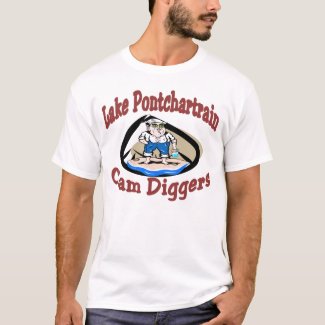
Lake Pontchartrain Clam Diggers T-Shirt
by figstreetstudio
From USGS at http://pubs.usgs.gov/of/2002/of02-206/env-issues/clam-abundance.html :
"From 1933 to 1990 Rangia cuneata clam shells were harvested in Lake Pontchartrain. According to 1980's estimates, these shells had a gross annual value of $34 million and were used for the construction of roadways, parking lots, and levees and in the production of cement ( USACE , 1987). Forty-four percent of the Lake was opened to shell dredging. Dredging operations were prohibited around the shoreline, bridges and gas pipelines. Shell dredgers used a large suction device to draw up shells, sediment and water, creating trenches 1.5-2 m wide and 0.5-1 m deep. The shells were removed and the sediment and water were discharged back into the Lake ( USACE , 1987). This slurry produced a localized increase in turbidity. Despite the economic value of the shell mining industry, dredging in Lake Pontchartrain was banned in an effort to improve water quality."
Information on Lake from: http://library.thinkquest.org/CR0214360/
"Lake Pontchartrain started forming about 5,000 years ago when North American glacier melts caused the Mississippi River to swell and shift eastward. The river began depositing its sediment into the Gulf of Mexico, which started to form a delta. The delta would slowly grow eastward, and over 2,000 years it would separate this body of water from the gulf to form Lake Pontchartrain. Its Native American name was Okwata, meaning "wide water", we know it as Lake Pontchartrain because the Native Americans led the Frenchman Pierre La Moyne, Sieur d'Iberville through the areas wetlands. He admired Okwata so much he renamed it Lake Pontchartrain after the French Minister of the Marine.
Before the late 1960s, the Lake's shores were prime spots for picnickers and swimmers. But because of the bad pollution in the lake, the shores were closed for swimming and picnicking. Some causes of pollution are urban runoff, and poorly treated and untreated sewage. Some things you might not consider pollution, like saltwater intrusion, or natural forces, like hurricanes also affect the eco-system of the lake. Over the last sixty years there has been a loss of more than 65,000 thousand acres of wetlands. If you think about it, that's more than 1,000 acres a year. One thing that that played a significant role in this is shell dredging (banned in 1991), a process in which Rangia clams (they're those little white seashells) are scraped off the lake bottom and used on roads and driveways. It has literally turned the lake bottom upside down.
The Lake Pontchartrain Basin is made up of 16 parishes (counties) that range from rural to highly urban and support 1.5 million people. The Basin is made up of many different kinds of wetland habitats.
The LPA, the Lake Pontchartrain Area is the area that encompasses the lake. In this area, the draining and filling of wetlands to accommodate the urbanization of the north shore and south shore has greatly affected the water quality of the lake by introducing excessive nutrients and pollutants. Nutrient overloading, which comes from drainage canals or river watersheds, can sometimes lead to algae blooms in the lake."
Sunday, July 12, 2009
Lake Pontchartrain Clam Diggers
Labels:
clam,
Cooking,
Digg,
Diggers,
Fish and Seafood,
Lake Pontchartrain,
Shellfish,
Soups and Stews
Subscribe to:
Posts (Atom)
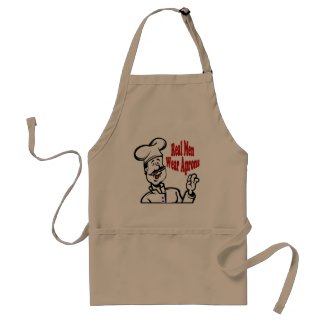

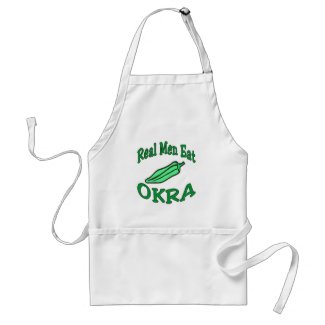
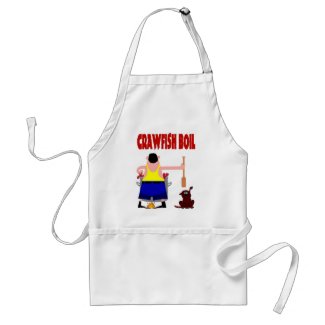
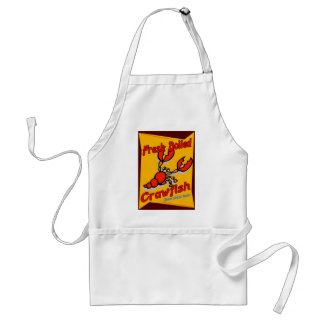

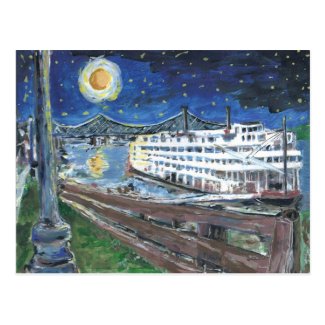
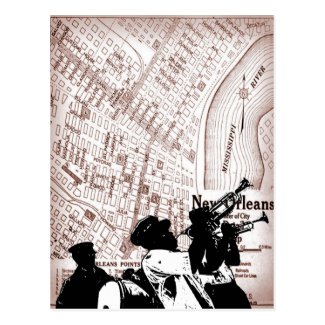


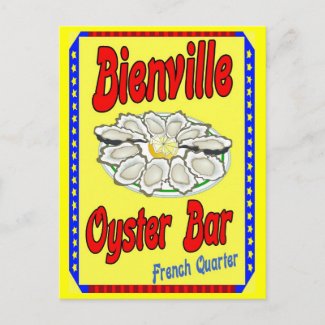
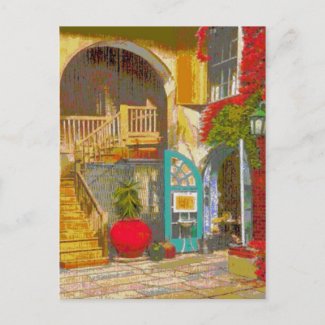
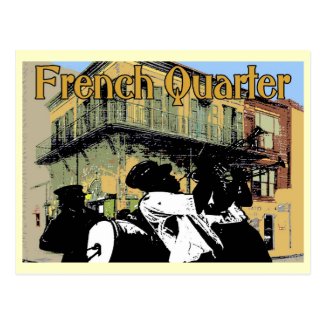
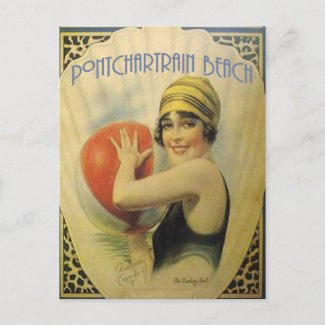
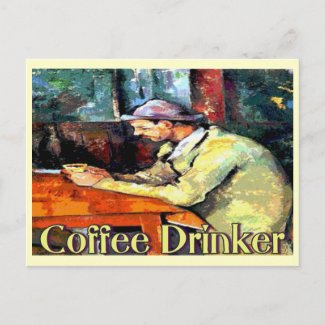
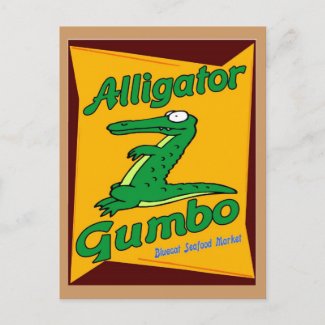
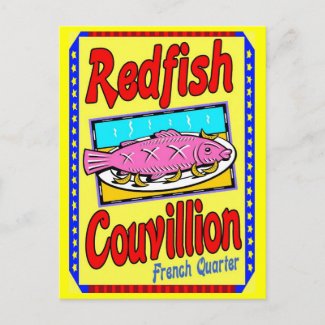

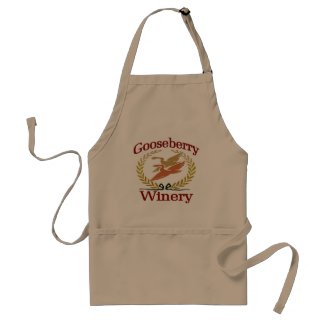
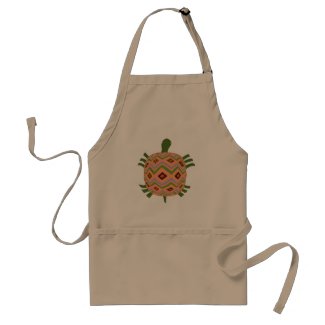
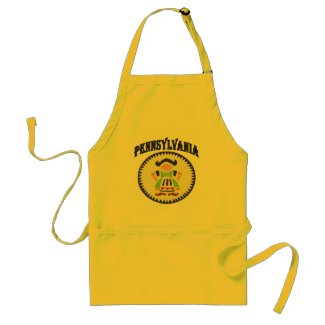
![Reblog this post [with Zemanta]](http://img.zemanta.com/reblog_e.png?x-id=dd418005-0a96-454a-b8b8-be8d240ea636)
![Reblog this post [with Zemanta]](http://img.zemanta.com/reblog_e.png?x-id=08e988e3-f35f-4511-a117-4fb41e4e8364)
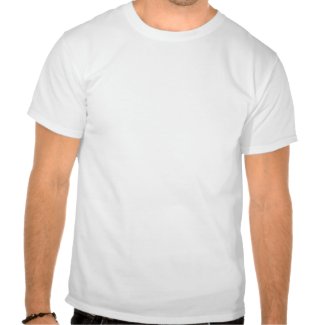
![Reblog this post [with Zemanta]](http://img.zemanta.com/reblog_e.png?x-id=6db69b63-5ef5-429c-9220-2b9844af2dee)

![Reblog this post [with Zemanta]](http://img.zemanta.com/reblog_e.png?x-id=9ba61132-0866-4812-832f-5766d20b3cfb)
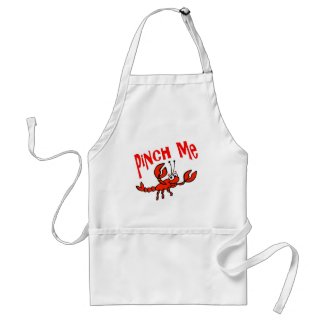
![Reblog this post [with Zemanta]](http://img.zemanta.com/reblog_e.png?x-id=beee09e5-1985-4bcd-a038-915b404309b0)

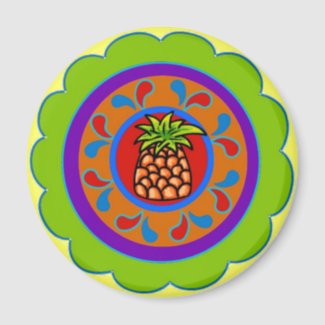
![Reblog this post [with Zemanta]](http://img.zemanta.com/reblog_e.png?x-id=02b9d33f-523c-4558-b937-a449239b159a)
![Reblog this post [with Zemanta]](http://img.zemanta.com/reblog_e.png?x-id=f5578651-3a2d-4cde-b2e8-95ad30b60445)

![Reblog this post [with Zemanta]](http://img.zemanta.com/reblog_e.png?x-id=c3c4341b-5309-4534-ac21-33dfecc32bc6)

![Reblog this post [with Zemanta]](http://img.zemanta.com/reblog_e.png?x-id=e72dba28-717f-4837-b78b-3058cc1a4ff2)

![Reblog this post [with Zemanta]](http://img.zemanta.com/reblog_e.png?x-id=4ba3446f-6c64-4c11-81c7-bbb6d08c01b0)
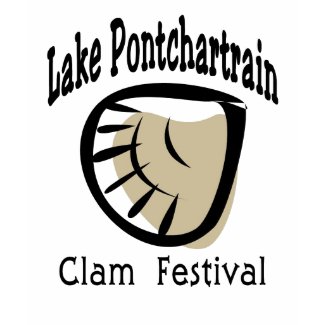
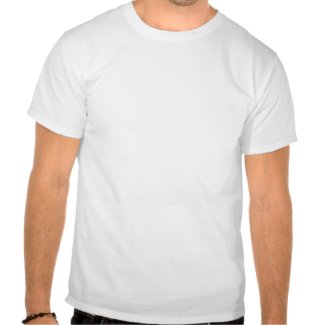
![Reblog this post [with Zemanta]](http://img.zemanta.com/reblog_e.png?x-id=fddff23c-2735-4371-8fe9-de40fb06b219)